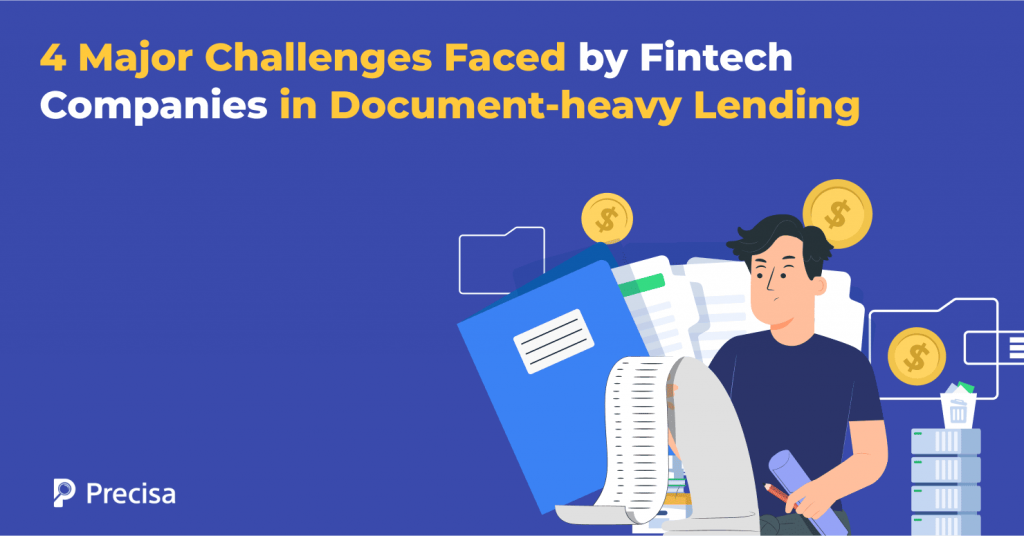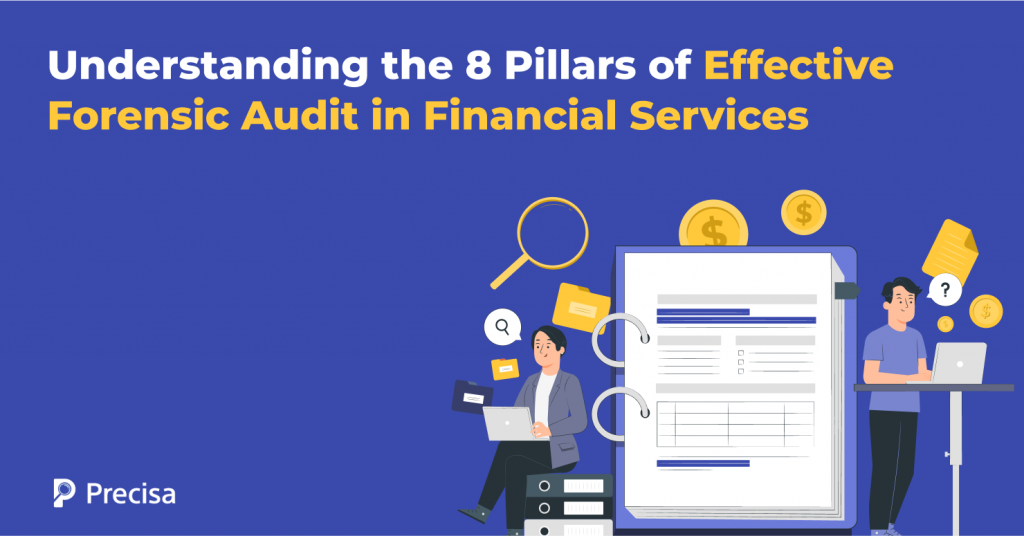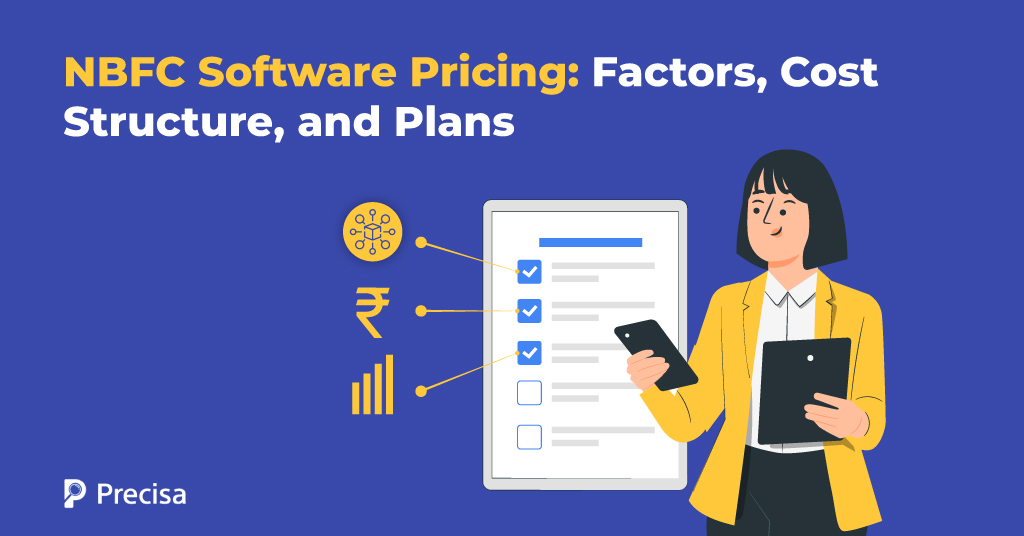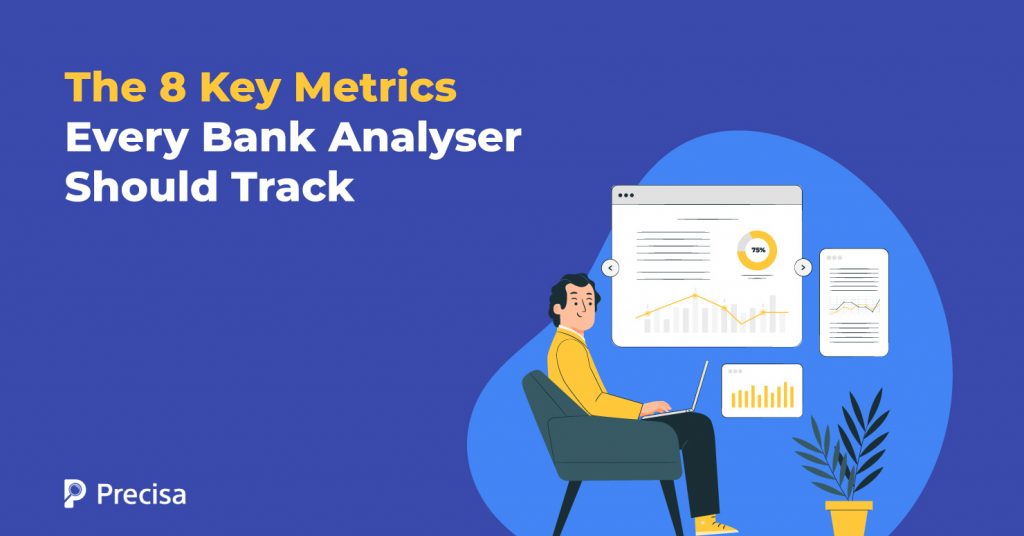In a decision that could drastically change how fintech companies associate with non-banking financial companies (NBFCs), the RBI, on June 6, 2024, ruled that Default Loss Guarantees (DLGs) by fintech on their loans can no longer be valid while determining provisions or credit loss buffers. This actually means NBFCs cannot depend on fintech-provided guarantees to […]
4 Major Challenges Faced by Fintech Companies in Document-heavy Lending
Despite showing promising signs of revitalising Indian lending, the challenges faced by fintech companies are by no means insignificant. These generally include a combination of a complex regulatory framework, evolving operational guidelines by the Reserve Bank of India (RBI), and most importantly, document-heavy processes. From Know Your Customer (KYC) documents and income proofs to property […]
Mastering Credit Risk: Comprehensive Analysis of Commercial Credit Bureau Reports
How do lenders decide wh͏om to trust in a m͏arket a͏s dynam͏ic ͏and complex͏ as I͏ndia’s?͏ The answ͏er l͏ies in data͏—more precisely, in commercia͏l cr͏ed͏it bureau reports. These reports, prov͏ided by reputable͏ agen͏cies like CIBIL, CRIF͏ High ͏Mark, Experian, and Equifax,͏ offer a co͏mprehensive vie͏w o͏f a company’s͏ ͏creditwo͏rt͏hine͏s͏s. As businesses seek loans, working capital, […]
Understanding the 8 Pillars of Effective Forensic Audit in Financial Services
In India’s rapidly digitising financial ecosystem, the risk of fraud has grown significantly. A PWC report pointed out that nearly 59% of Indian organisations had been defrauded over the previous 24 months. For financial institutions, early fraud identification is not merely a regulatory requirement but a business imperative. This is where forensic audits become critical. […]
5 Ways Lenders Can Prevent Economic Offences and Financial Crimes
The Indian police registered approximately 193,000 economic offences in 2022, an 11% growth from the previous year. These crimes accounted for 5.4% of all the crimes reported that year. Furthermore, the National Crime Records Bureau (NCRB) has broadly divided economic offences into three main categories: criminal breach of trust, counterfeiting and forgery, and cheating and […]
Why Offering Salary Loans is a Must-Have for Modern Lenders and Businesses
In June 2024, the Punjab & Bank signed an MOU with the Indian Army to facilitate salary accounts. HDFC Bank is also set to take over 60,000 salary accounts of employees and pensioners of the Southern Railway. The salary account facility banks offer helps businesses simplify employee payroll. Simultaneously, the salary accounts vertical enables businesses […]
4 Reasons Why Lenders Rely on Fintech Solutions for Bank Statement Analysis
India’s digital lending market has grown from strength to strength. In the financial year 2023-24, the sector experienced a remarkable 49% increase in disbursements, totalling ₹1.46 trillion across over 10 crore loans issued. A significant growth in the number of outstanding credit card dues and gold loans are two major factors driving the demand for […]
NBFC Software Pricing: Factors, Cost Structure, and Plans
The rise of non-banking financial companies (NBFCs) in India can be attributed to their impressive credit appraisal systems and inefficient conventional banking sector. With an impressive CAGR of around 18.7% between 2005-2006 and 2019-2020, NBFCs are among the fastest-growing sub-sectors of the Indian financial system. The growing adoption of NBFC platforms indicates a paradigm shift […]
Top 5 Ways an Indian Credit Score Service Company Reduces Lending Risk
Credit score service companies are becoming a vital component of risk management as we see a decrease in the Gross Non-Performing Assets (GNPA) ratio for scheduled commercial banks to 2.8%, marking a 12-year low. Traditional methods often fail to assess borrowers accurately. These companies are developing innovative solutions to improve creditworthiness evaluations. Through advanced analytics, artificial intelligence, and […]
The 8 Key Metrics Every Bank Analyser Should Track
A thorough analysis of a borrower’s financial data is one of the most important aspects of the underwriting process. Inaccurate analysis can open up lenders to risks. These include delayed payment of EMIs (Equated Monthly Installments), and non-repayment of loans. Inaccurate analysis usually results from lenders leaving out certain metrics during the underwriting process. Failure […]










